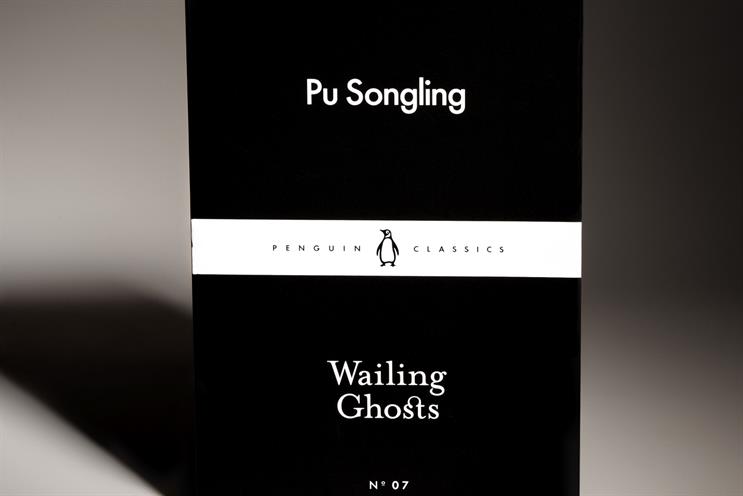
7 Wailing Ghosts
By Pu Songling
We all need to be a bit more like Pu Songling sometimes.
Written in the late 17th century during the early part of the Qing Dynasty, ‘Wailing Ghosts’ is a collection of miniature supernatural tales taken from one of the defining texts of classical Chinese literature, Strange Tales from a Chinese Studio.
These bizarre and often unresolved stories borrow from the Chinese oral tradition in which the possible blends with the magical, the physical with the metaphysical, and the mortal with the divine.
If you were watching television in the 1980s, the world that these tales portray will be reminiscent of the supernatural Japanese-made cult series ‘Monkey’, itself based on another giant of classical Chinese literature, Journey to the West.
Trolls, magicians, fox-spirits, jiangshi (re-animated corpses), relics from the underworld and man-eating turtles inhabit a world so innocently pre-industrial, and so geographically vast, that there is a very plausible sense that anything is possible.
Mysterious visitors come and go; a circle of spiritual reckoning turns; and the narrator demands little of the reader except a level of comfort with the inexplicability of events.
It is as though a series of outrageous Qing Dynasty dreams have been made coherent through prose and delivered to the waking world as literary apparitions.
This is the magical realism of Chinese folklore set to paper 150 years before it surfaced in Europe in the literary fairytales of Hoffman et al, and 300 years before we all started reading Marquez by the pool.
But, more importantly, this is the artistic gene – increasingly rare in this industry – that tolerates the unclosed circle, relishes the unspoken, and allows the reader to inhabit the space between layers.
This is fantasy – not in the crass way of pornography or the tired way of elf armies – but in the wonderfully ambiguous way of that tyre commercial we all wish we’d worked on: the one with the Velvet Underground track and the liberal use of gold face-paint.
The clue is in the fact that Pu Songling’s fans include Kafka and Borges. We should be able, charged as we are with the creation of cultural fantasy, to handle the unfathomable oddness of these tales.
And more than that - we should step away more often than we do from the pretest-induced intentionality of message and plot, and create powerful waking fantasies of our own.
Giles Hedger is the chief strategy officer at Leo Burnett London & Worldwide.
Read the full 80 Books in 80 Days series here


.jpg)


.jpg)